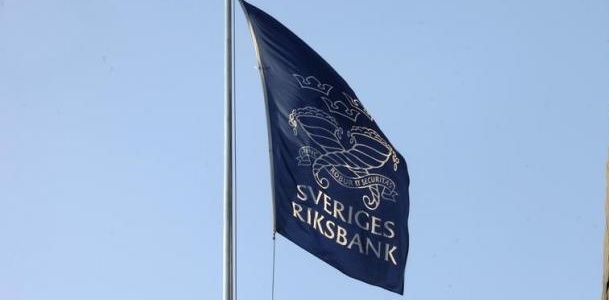Swedish central bank calls halt on moves to a cashless economy – banks shall provide cash service as a basic feature of payment accounts

While other central banks ruminate on ways to replace cash with digital currencies, Sweden’s Riksbank is kicking against the grain with calls for access to cash to be a legal right. Often lauded as a country well on its way to becoming a cashless society, the Riksbank has taken a stand against moves to eliminate access to notes and coins in the country.
In a statement submitted to the Ministry of Finance’s consultation on access to accounts with basic functions, the Riksbank called for a legal requirement to be introduced which would place a duty on banks to provide cash service as a basic feature of payment accounts.
Signed by Stefan Ingves, the Riksbank Governor, the letter states that the banks have reduced their cash handling services too fast, resulting in a lack of cash services in less populated areas in particular, but for the public in general.
The Riksbank says there are also clear signs that the supply of services is not meeting the demand and that this gap will increase if banks are allowed to continue setting the pace of the abolition of cash services. It calls on the Swedish parliament to introduce a clear obligation for banks to provide basic payment functions that meet customers’ needs.
In a country where bank cards are routinely used for even the smallest purchases, there are less than 80 billion Swedish crowns in circulation (about EUR8 billion), a sharp decline from just six years ago, when the total in circulation was SEK106 billion.
Mike Lee, CEO of the ATMIA, says: “This is a victory for common sense and for the future balance of the Swedish consumer economy and I’d like to congratulate the Swedish Riksbank for seeing through the mirage of anti-cash propaganda in the media to reveal the basic economic right of free citizens to choose their own payment methods at all times, whether cash or digital.”
A finextra member says: „The Swedish central bank forgets to mention that they some years ago stopped to supply cash from their branches around the country to payment institutions. The central bank cash branches were closed and cash supplied only at factory gate in Tumba outside Stockholm. This heavily increased cost for cash providing payment institutions. Furthermore they forget to mention that the Swedish government closed all the post offices cash tills (hundreds of cash payment/ withdrawal post offices) after ministry of finance analysis that the demand was so low that it did not justify the government taking the cost. Also they forget to mention that according to the legislation the cash supply responsibility is with the central bank – not the private market banks and payment institutions. Should the central bank be committed to cash services they should open up the cash service branches again and ask the government to reopen the closed post offices and their cash tills!”
Source: finextra.com
Dariusz Mazurkiewicz – CEO at BLIK Polish Payment Standard
Banking 4.0 – „how was the experience for you”
„To be honest I think that Sinaia, your conference, is much better then Davos.”
Many more interesting quotes in the video below:









